Some topics addressed on the September 13 panel included climate change challenges related to health and healthcare, contributions of computing to the climate change problem in terms of energy use, along with the potential of computing to contribute to solutions to the crisis, agriculture and food security issues related to climate change, systems design, finding solutions and improving communication across IEEE societies, carbon removal, and economic and social aspects of the crisis including forced migration, water supplies, and the responsibilities of developed nations to developing nations in climate change mitigation.











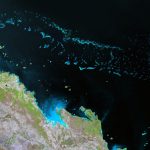
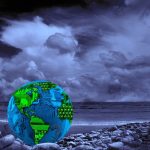

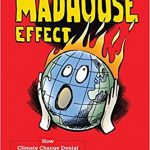
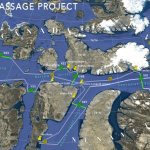
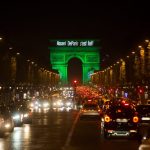
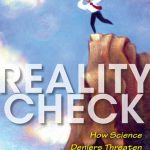


 JOIN SSIT
JOIN SSIT